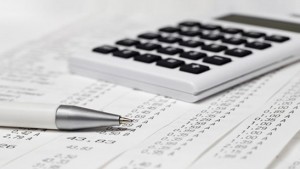HMRC has reminded self assessment taxpayers to declare any COVID-19 grant payments on their 2020/21 tax return.
According to HMRC, more than 2.7 million customers claimed at least one Self-employment Income Support Scheme (SEISS) payment up to 5 April 2021.
The tax authority says these grants are taxable and customers should declare them on their 2020/21 tax return before the deadline on 31 January 2022.
Myrtle Lloyd, HMRC’s Director General for Customer Services, said:
‘We want to help customers get their tax returns right, first time. We have videos, guidance and helpsheets available online to support you with your self assessment.’
The SEISS is not the only COVID-19 support scheme that customers should declare on their tax return. Information on which support payments need to be reported to HMRC and any that do not is available on GOV.UK.
Internet link: GOV.UK

